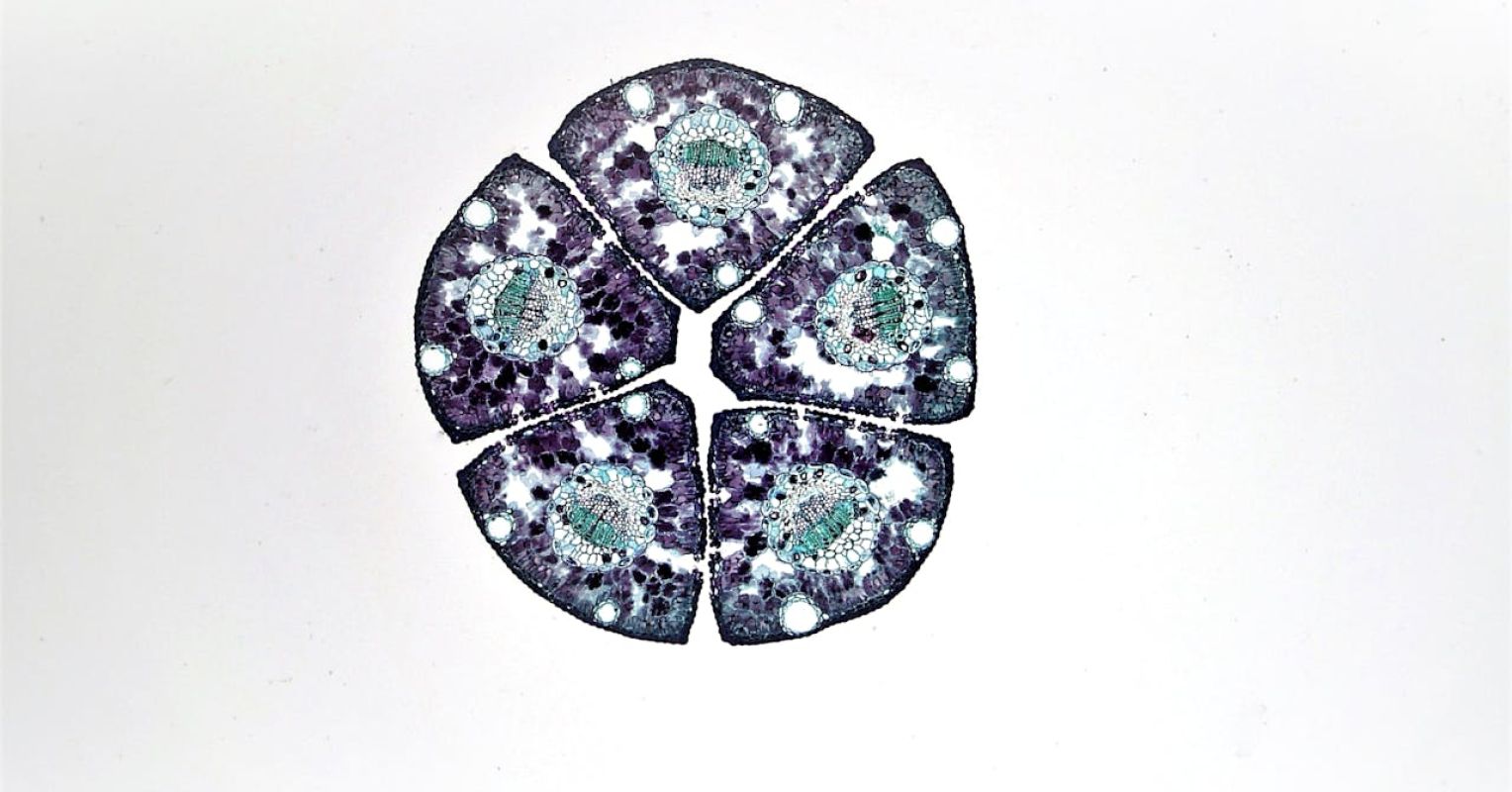
"Cells are not only the fundamental units of life, but they also possess advanced abilities such as memory, information processing, and purposeful behavior, akin to artificial intelligence."
"Each human cell contains about 12,000 proteins that contribute to the intricate functioning of the cell, reminiscent of an organ's role in an adult body."
"Cell communication through tiny tube networks enhances their ability to maintain tissue balance, respond to environmental signals, and aid neighboring cells in distress."
"Caring for cells is crucial as they play a significant role in maintaining health and wellbeing through their efficient self-maintenance and intelligence."
Cells are the smallest, most basic unit of life responsible for all of life's processes. Typical human cells consist of a cell membrane filled with cytoplasm that harbors organelles performing functions like the lungs and nucleus. They contain approximately 12,000 proteins contributing to cellular function. Despite their small size, human cells are intelligent, engage in purposeful behaviors, and communicate through tube networks. Cell health is essential for overall well-being, as they maintain tissue balance and support neighbors by responding to stress signals.
Read at Psychology Today
Unable to calculate read time
Collection
[
|
...
]